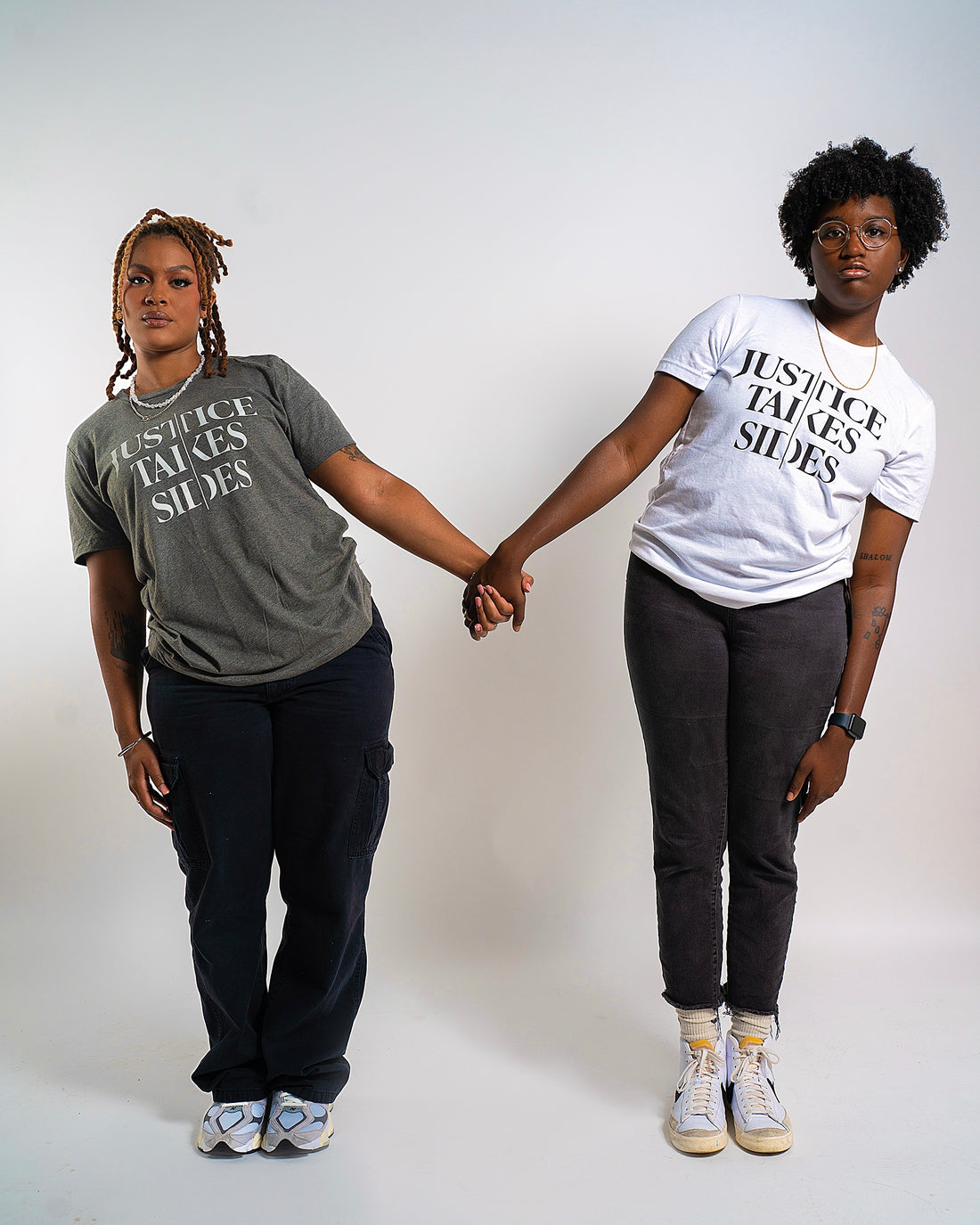“Both sides got some things wrong and both sides have work to do.”
While the statement may be true in isolation and specific circumstances, one problem in applying it to justice work is that it uses a micro level analysis on a macro level scale.
Citing the responsibility of both sides may be true and is often necessary in interpersonal or one-on-one disputes, but it is usually less applicable between entire people groups.
It is seldom the case with systemic injustice that the oppressed and the oppressor equally share in the blame.
This could be in relation to politics, the courts or, of course, race.
The other issue with the BothSides™ trope, is that people use it as an excuse for inaction. If both sides are wrong, if both sides have their flaws, if both sides fall short of some perfection, then how can someone take a stand one way or the other?
Neutrality Helps the OppressorElie Wiesel—writer, humanitarian, and Holocaust survivor—knew the pain of suffering and the sting of silence from those who could have helped but didn’t.
In 1944, when he was 15-years old, the German army deported Wiesel along with his family to the Auschwitz concentration camp. His mother and younger sister were killed on the first day. His father later died as well.
It all happened so fast. The ghetto. The deportation. The sealed cattle car. The fiery altar upon which the history of our people and the future of mankind were meant to be sacrificed.
Wiesel survived and eventually immigrated to the United States where he had a long career as a writer, international speaker, and human rights activist.
And that is why I swore never to be silent whenever and wherever human beings endure suffering and humiliation. We must always take sides. Neutrality helps the oppressor, never the victim. Silence encourages the tormentor, never the tormented. Sometimes we must interfere.
I have grown impatient with the grumblings of those who claim that the oppressed share equal responsibility for injustice with the oppressor.
The liability for injustice is not 50/50. And the oppressed do not have to be ethically unassailable or imperturbably patient to warrant solidarity.
Neutrality in situations of injustice only supports the status quo. It only aids the empowered and further harms the disempowered.
As human beings we are the keepers of one another. We must intervene on behalf of justice when it is in our power to do so.
Justice Takes Sides
Action is the idea behind “Justice Takes Sides.”
It encourages people who are on the sidelines to get involved in the struggle for justice.
We cannot stand aloof from suffering and arrogantly point out how “both sides” have their issues. We must intervene.
Are you on the side of justice?
Written By: Dr. Jemar Tisby


